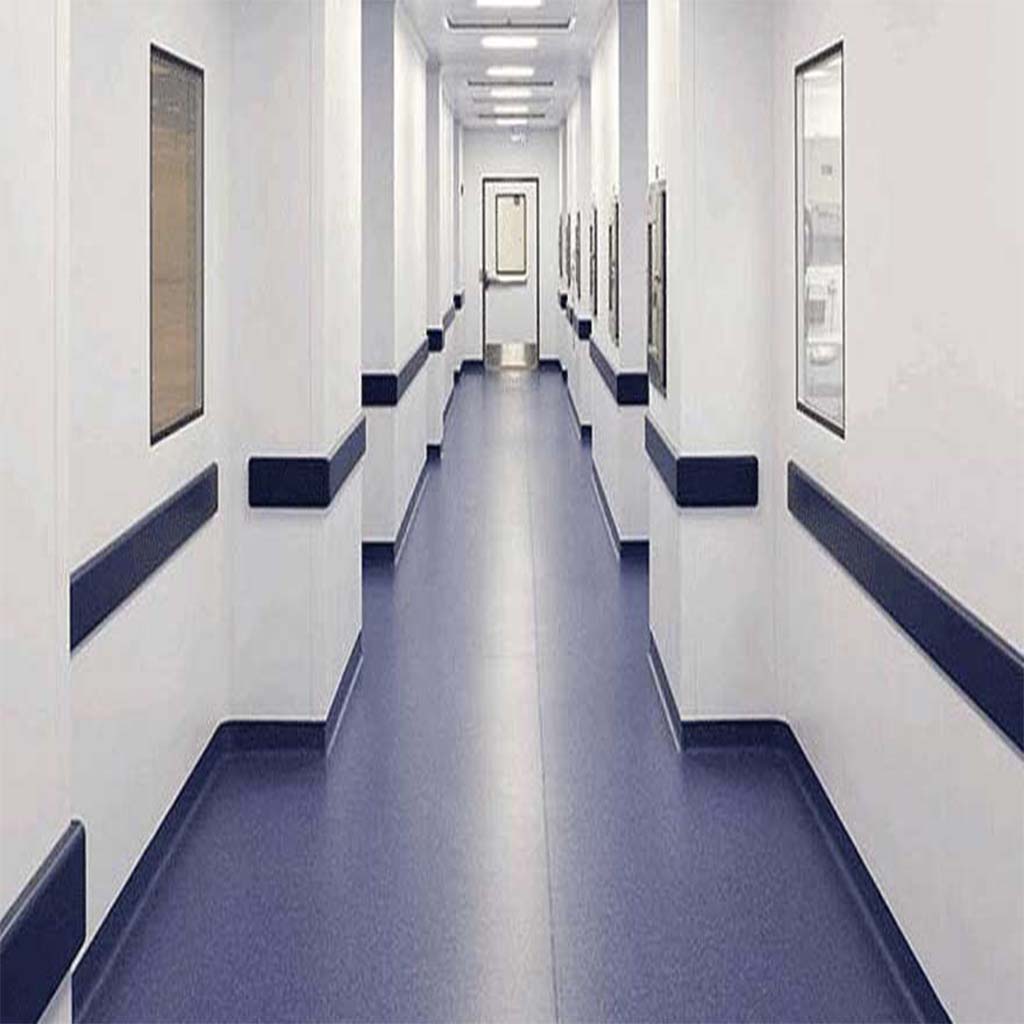Hospital Flooring
In order to create a safe, sanitary, and long-lasting environment, hospital floors must fulfil a variety of specialized requirements. Vinyl, linoleum, rubber, epoxy, and ceramic tile are all common hospital flooring materials. Each material has its own set of benefits and drawbacks, and is often chosen based on the needs of the unique institution. Because they are water-resistant, simple to maintain, and come in a range of colors and patterns, vinyl and linoleum are popular alternatives for hospitals. Rubber flooring is well-known for its slip resistance and durability, making it an excellent choice for high-traffic areas. In locations with heavy equipment, such as operating rooms and labs, epoxy and ceramic tile are frequently employed.
benefits of hospital flooring
1. Cost: Hospital flooring may be highly expensive since it must be both durable and sanitary.
2. Maintenance: To keep its sanitary features, hospital flooring must be cleaned on a frequent and thorough basis.
3. Restrictions: Because hospitals must adhere to stringent regulatory requirements, the type of flooring utilised may be limited.
4. Noise: Hard hospital floors may be loud, making the atmosphere hostile for patients.
5. Slick floors: Hospital floors can be slippery, increasing the risk of falls and other injuries.




















